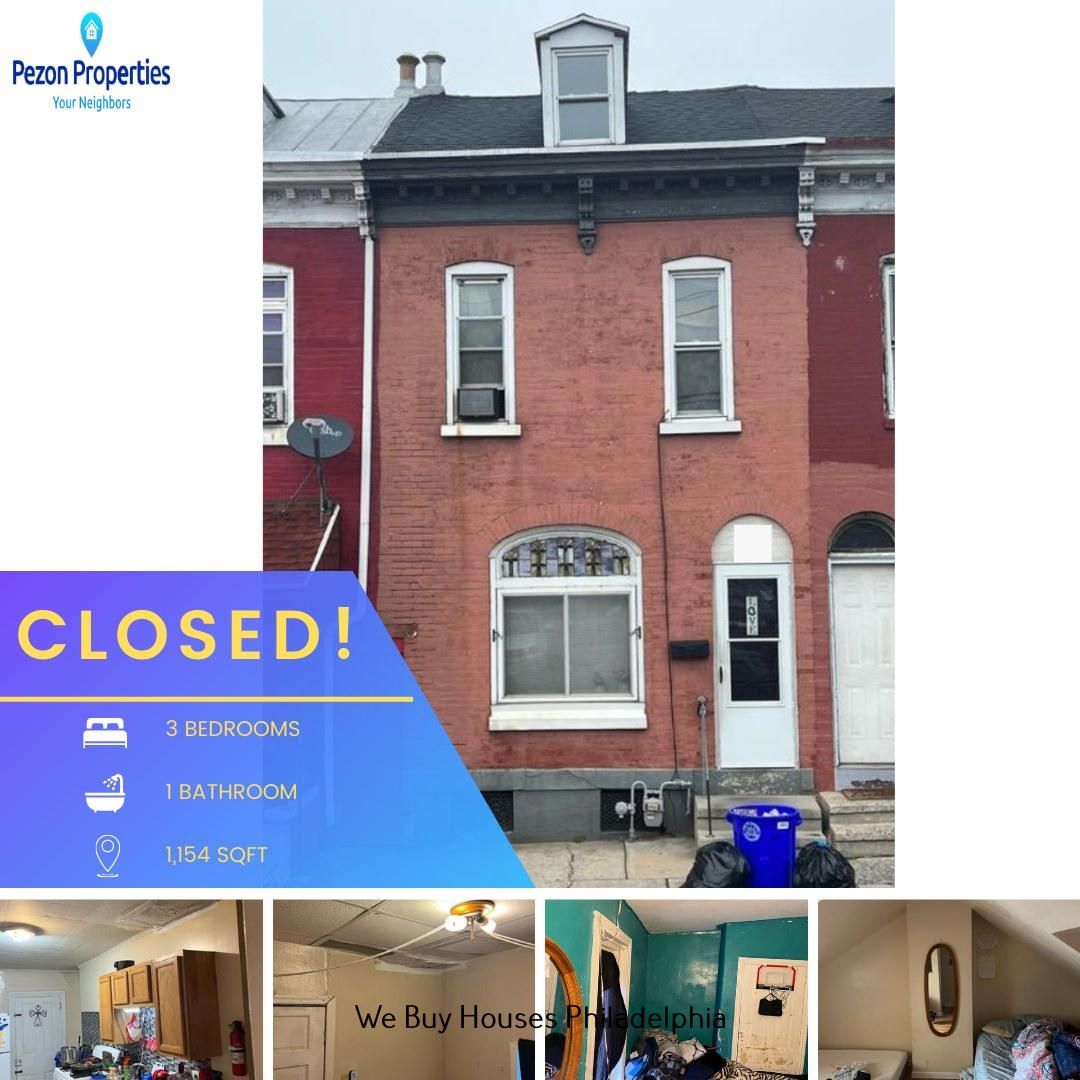Elfreth's Alley Museum: Preserving Philadelphia's Historic Heart
Philadelphia, Pennsylvania, often celebrated for its rich history and iconic landmarks, is also home to a hidden gem that offers a glimpse into the city's colonial past: Elfreth's Alley Museum. Tucked away in the heart of Philadelphia's Old City, this living museum preserves and celebrates the nation's oldest continuously inhabited residential street, providing a captivating window into America's early history.
Visit this link for more information.
Elfreth's Alley, named after Jeremiah Elfreth, a blacksmith and property owner, was established in 1702. It predates the founding of the United States and offers an authentic representation of 18th-century colonial life. The alley is a striking example of Philadelphia's historic preservation efforts and a testament to the city's commitment to safeguarding its cultural heritage.
Read about Liberty Bell: A Symbol of Freedom and Democracy in Philadelphia, PA here.

The museum itself is housed within two historic homes on Elfreth's Alley, providing visitors with an immersive experience of life in colonial Philadelphia. The houses, built in the early 18th century, showcase the architectural styles and domestic life of the time, complete with period-appropriate furnishings and décor.
Visitors to Elfreth's Alley Museum are guided through these meticulously restored homes by knowledgeable interpreters who bring the past to life. The museum offers a vivid portrayal of the lives of the alley's early residents, from artisans and tradespeople to merchants and mariners.
One of the standout features of the museum is its focus on the diverse inhabitants of Elfreth's Alley. While English and German immigrants primarily populated the alley, it was also home to African Americans, indentured servants, and other marginalized groups. The museum's exhibits shed light on the experiences and contributions of these often overlooked residents, offering a more comprehensive understanding of colonial life.
Elfreth's Alley has a storied history, and the museum pays homage to the Alley's role in various historical events, including the American Revolution. The museum provides insights into how key events and transitions in American history affected the street and its inhabitants.
In addition to its role as a museum, Elfreth's Alley is a living neighborhood. Today, it remains a residential street with a close-knit community of residents who are dedicated to preserving its historic character. The residents' commitment to maintaining the alley's authenticity is essential to what makes Elfreth's Alley Museum so special.
The museum also hosts events and educational programs throughout the year, offering visitors the opportunity to engage with history dynamically. These programs often include demonstrations of colonial-era crafts, music performances, and lectures on various aspects of Philadelphia's history.
Elfreth's Alley Museum's commitment to accessibility is evident through its efforts to ensure that the site is open and welcoming to all visitors. The museum is wheelchair accessible, and interpreters are available to accommodate visitors with disabilities.
The museum's dedication to preservation extends to the ongoing maintenance and restoration of its historic properties. The houses and buildings along Elfreth's Alley require continuous care and attention to ensure they stand for generations to come.
In conclusion, Elfreth's Alley Museum is a captivating destination that offers a unique and immersive experience of colonial Philadelphia. It not only preserves the architectural and cultural heritage of the city but also provides a deeper understanding of the diverse inhabitants who shaped its history. As the nation's oldest continuously inhabited residential street, Elfreth's Alley is a living testament to Philadelphia's enduring commitment to celebrating its rich past. A visit to Elfreth's Alley Museum is a journey back in time, where history comes alive on the cobblestone streets of America's oldest residential neighborhood.





